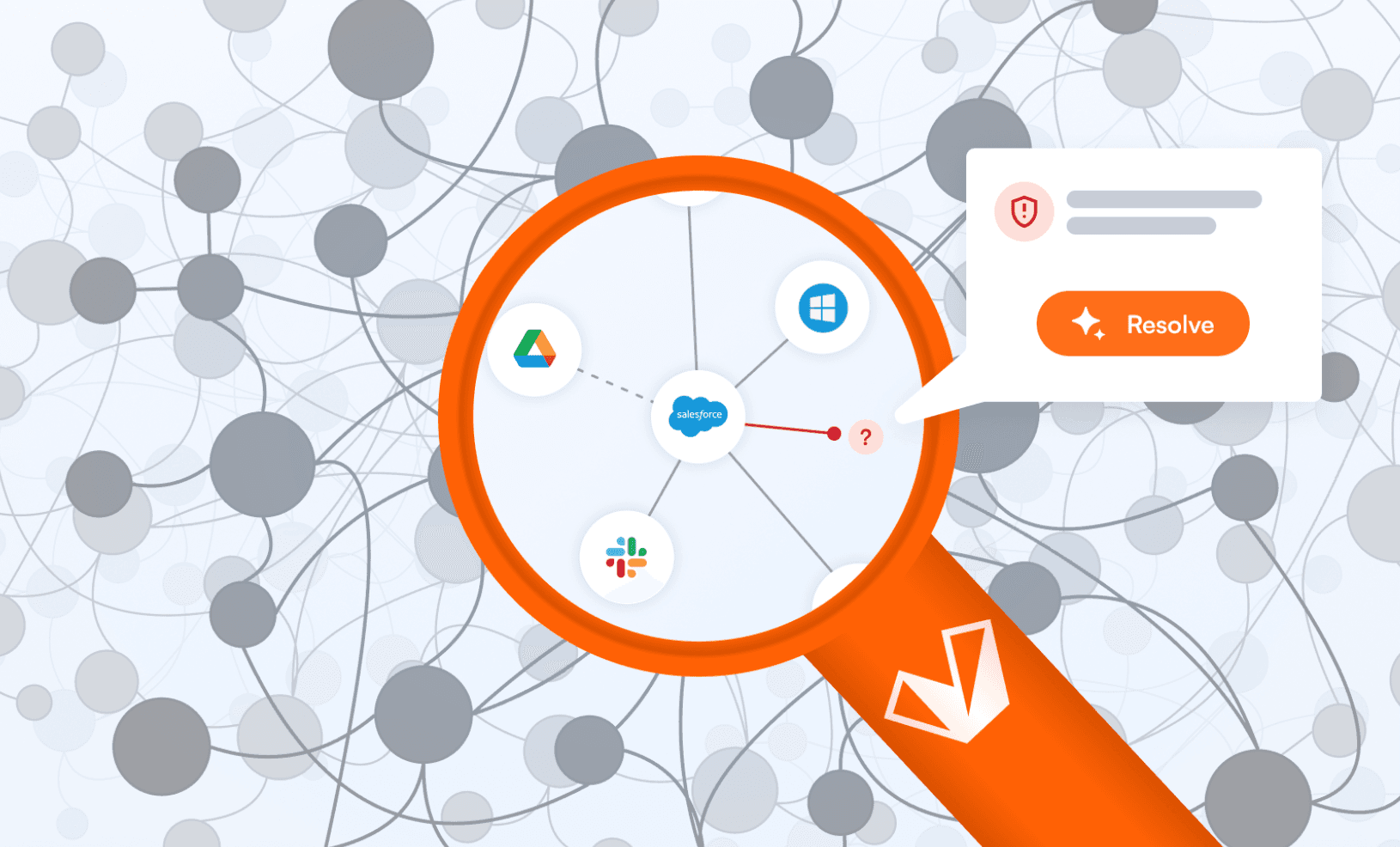Jul 30, 2024
Salesforce administrators leveraging Valo's AI capabilities can unlock deeper insights and enhance security measures.
For many businesses, integrations are a key component of the success of their Salesforce implementation since these integrations are the core way of connecting the myriad different parts of their online & offline business activities. Integrations transform Salesforce from a siloed system into the maestro of everything from sales and marketing to customer service while making sure everything is in sync and properly coordinated. But with great power comes great responsibility and, particularly in the case of integrations, great complexity (and immense workload!). The current ways of managing these integrations can quickly become a Herculean task for Salesforce administrators and platform owners.
While integrations are of vital importance, for many companies, many of their integrations are often left unmanaged due to the complexity and sheer amount of work required to monitor and manage them on a daily basis. In this article, we’ll first look at how Salesforce admins audit, manage, and control integrations today. Then we’ll explore how AI solutions, particularly Valo, can dramatically reduce the work required while giving admins greater transparency into what’s happening in their instances.
The Integration Workload Conundrum
The reality today is that at many businesses, integrations are somewhat “out of order.” If you ask an admin, "Do you know what all your integrations are?" they often won't know and might have to check multiple instances. The admin setup in Salesforce requires a lot manual oversight.
A majority of admins know a lot about what’s going on in their instances but rarely know everything. Admins have to be constantly learning via Trailheads and other training as the landscape is always changing. There’s also simply an incredible amount of work in managing integrations and automations in Salesforce. Today an admin has to:
Implement a Structured Change Management Process: This process documents all changes and their reasons while managing approval for significant changes. This can result in a lot of paperwork.
Test Changes Using Sandboxes: Often, many sandboxes are required for different stages like development, testing, and user acceptance.
Enforce Naming Conventions: This task gets harder and harder at bigger companies.
Conduct Regular Audits: This is supposed to happen with all the copious free time that a typical admin has.
Setup Monitoring with Tools like Event Monitoring and Shield: Once these are set up, the admin needs to parse the logs these tools generate which is a significant time sink.
Despite their importance, many integrations often go unmanaged due to the sheer amount of time required to monitor them effectively. This oversight can lead to inefficiencies, data discrepancies, and potential security risks.
The AI Revolution in Integration Management
The introduction of AI tools can dramatically simplify integration management. AI tools, like Valo, can essentially do much of the rote work automatically and in real-time, surfacing to the admins only what needs to be looked at and addressed. AI can be an immense time-saver for Salesforce admins while providing great transparency for Saleforce platform owners.
Valo , for example, is laser-focused on taking this currently burdensome process and making it point-and-click easy for Salesforce admins and platform owners. Here’s how AI can transform the management of Salesforce integrations and automations:
Automated Monitoring & Alerts: AI can continuously monitor integrations and automations, alerting admins only when there’s an issue that needs immediate attention.
Automated Auditing: Regular audits can be performed with a click, freeing up admin time for more strategic tasks.
Intelligent Change Management: AI tools can document changes, approve minor adjustments automatically, and escalate significant changes for review, reducing the paperwork burden.
Enhanced Visibility: AI tools can provide a clear, real-time overview of all integrations across instances, improving transparency and control.
Simplified Compliance: By automating naming conventions and tracking changes, AI can help ensure compliance with internal and external regulations.
Simplified Log Parsing: AI can analyze logs from Event Monitoring and Shield, presenting only the critical information that needs to be addressed.
Valo: Simplifying Integration Management
Valo is at the forefront of this revolution, focusing on transforming the many complex processes of successful Salesforce management, including integrations, into a user-friendly, point-and-click experience. By leveraging AI, Valo aims to:
Reduce admin workload significantly
Improve visibility into integration health and performance
Enhance security by identifying potential vulnerabilities
Streamline compliance and audit processes
Conclusion
As Salesforce is an absolutely critical component of business operations, effective integration management is critically important. AI-powered tools like Valo are set to revolutionize how admins handle this crucial task, freeing up time for more strategic initiatives and ensuring that Salesforce truly serves as the conductor of a company's digital symphony.
By embracing AI like Valo in integration management, Salesforce admins can not only reduce their workload but also gain deeper insights, improve security, and drive greater value from their Salesforce implementations. As we move forward, the question for Salesforce admins and platform owners is not whether to adopt AI for integration management, but how quickly they can implement these game-changing solutions.




